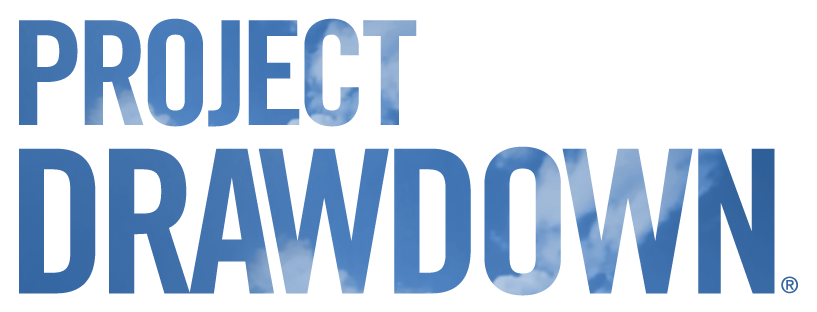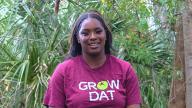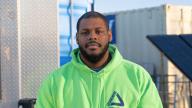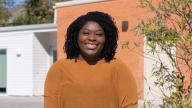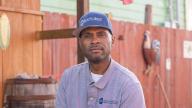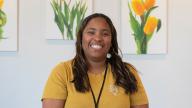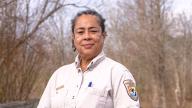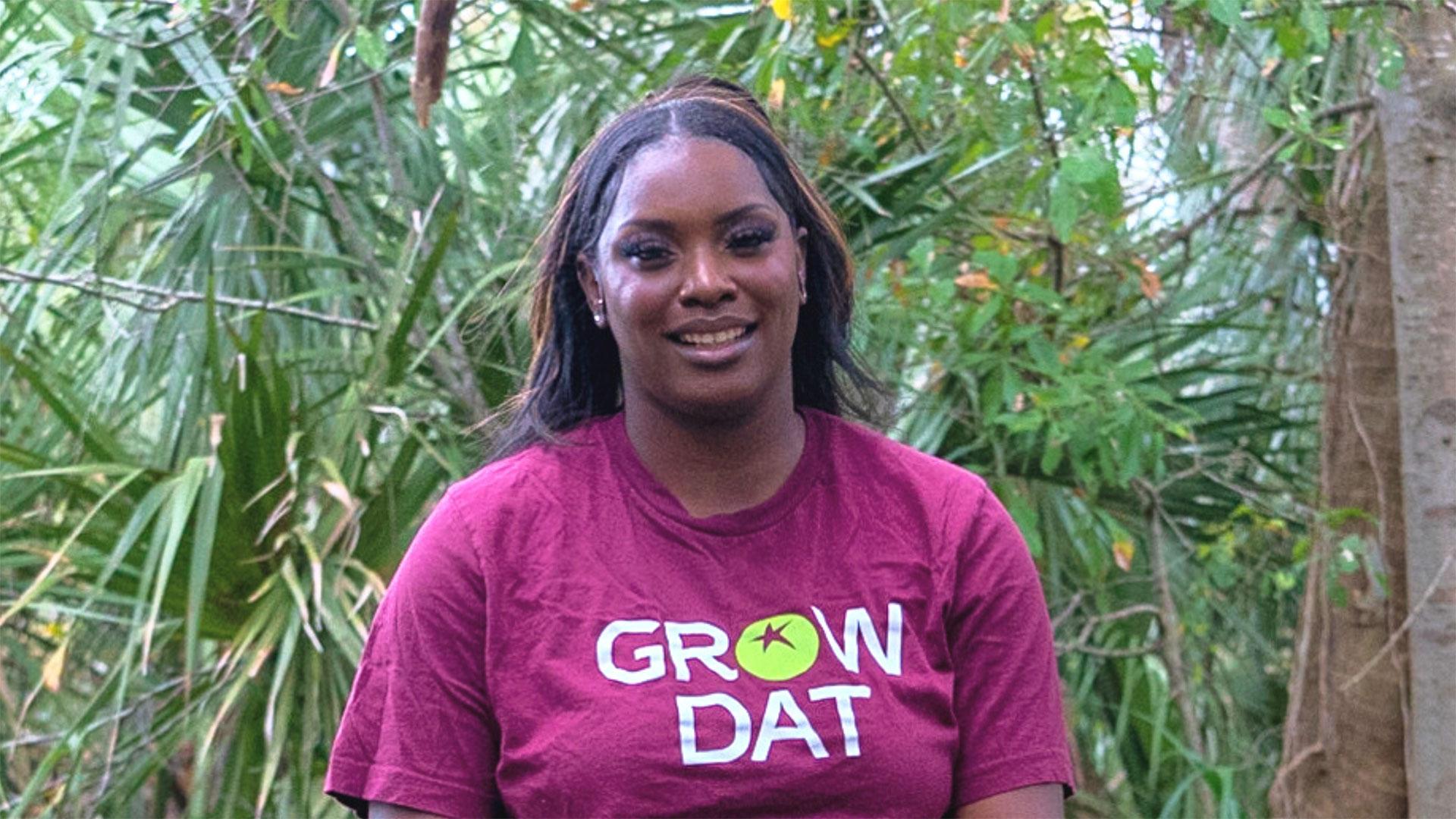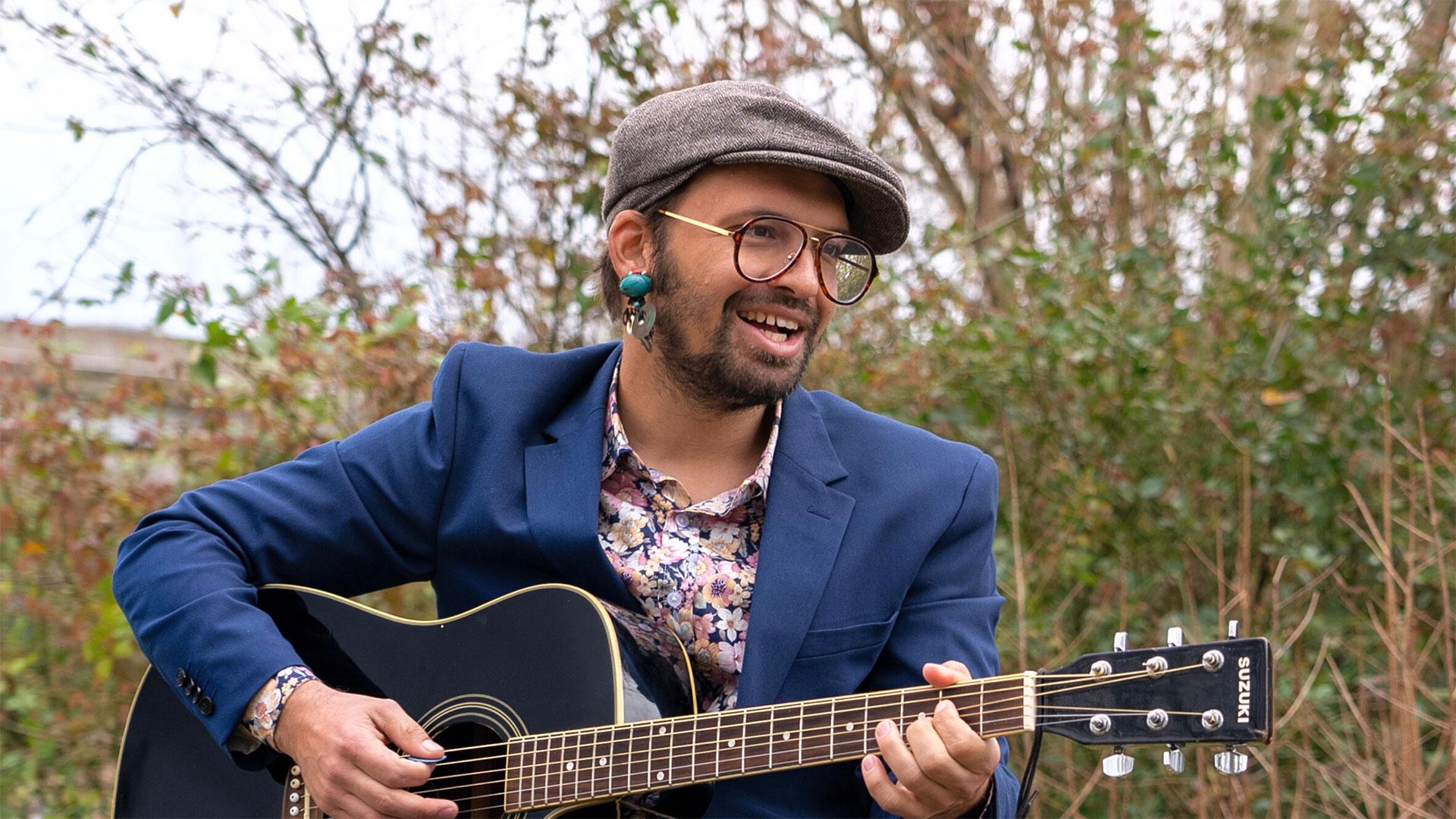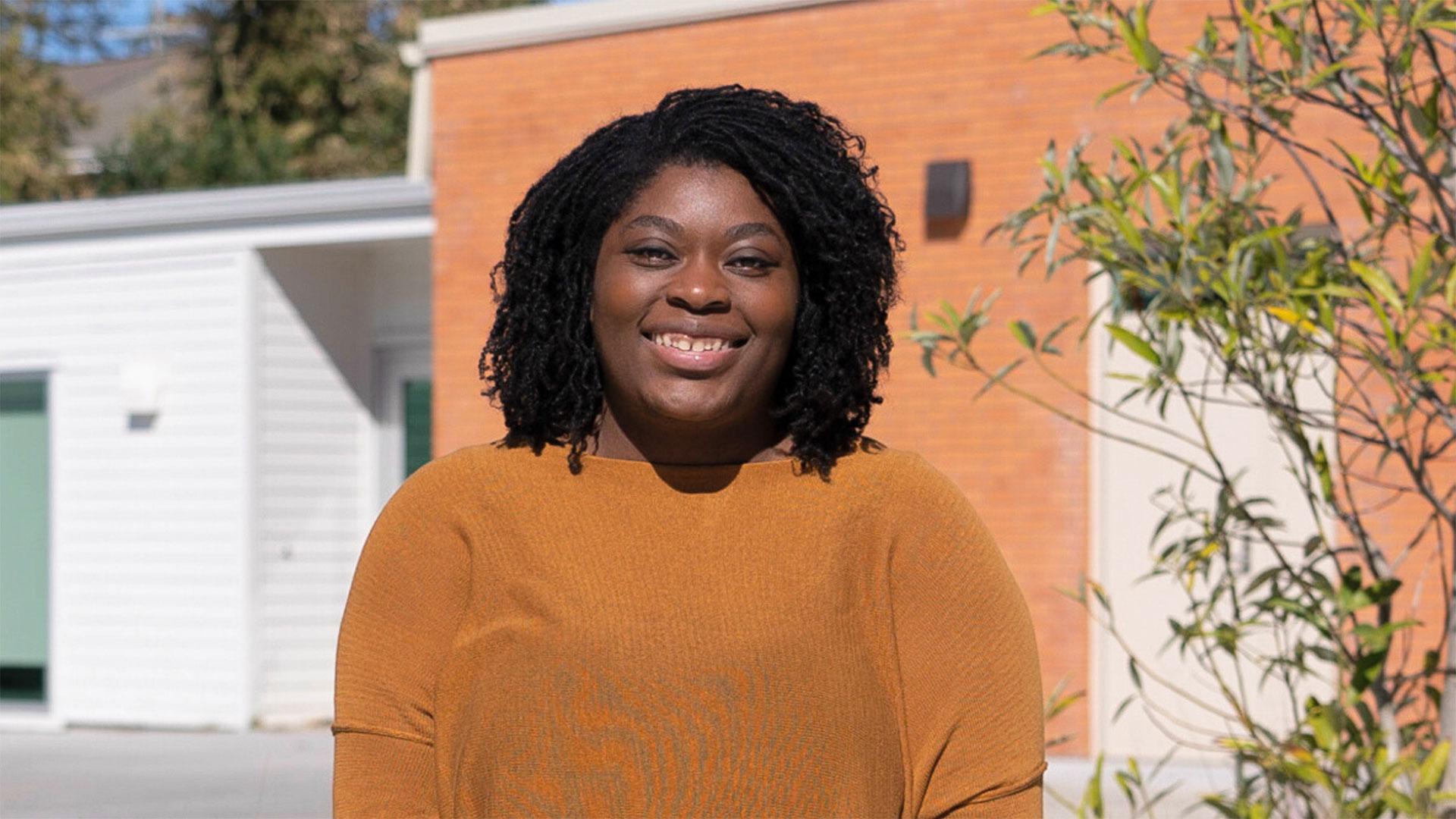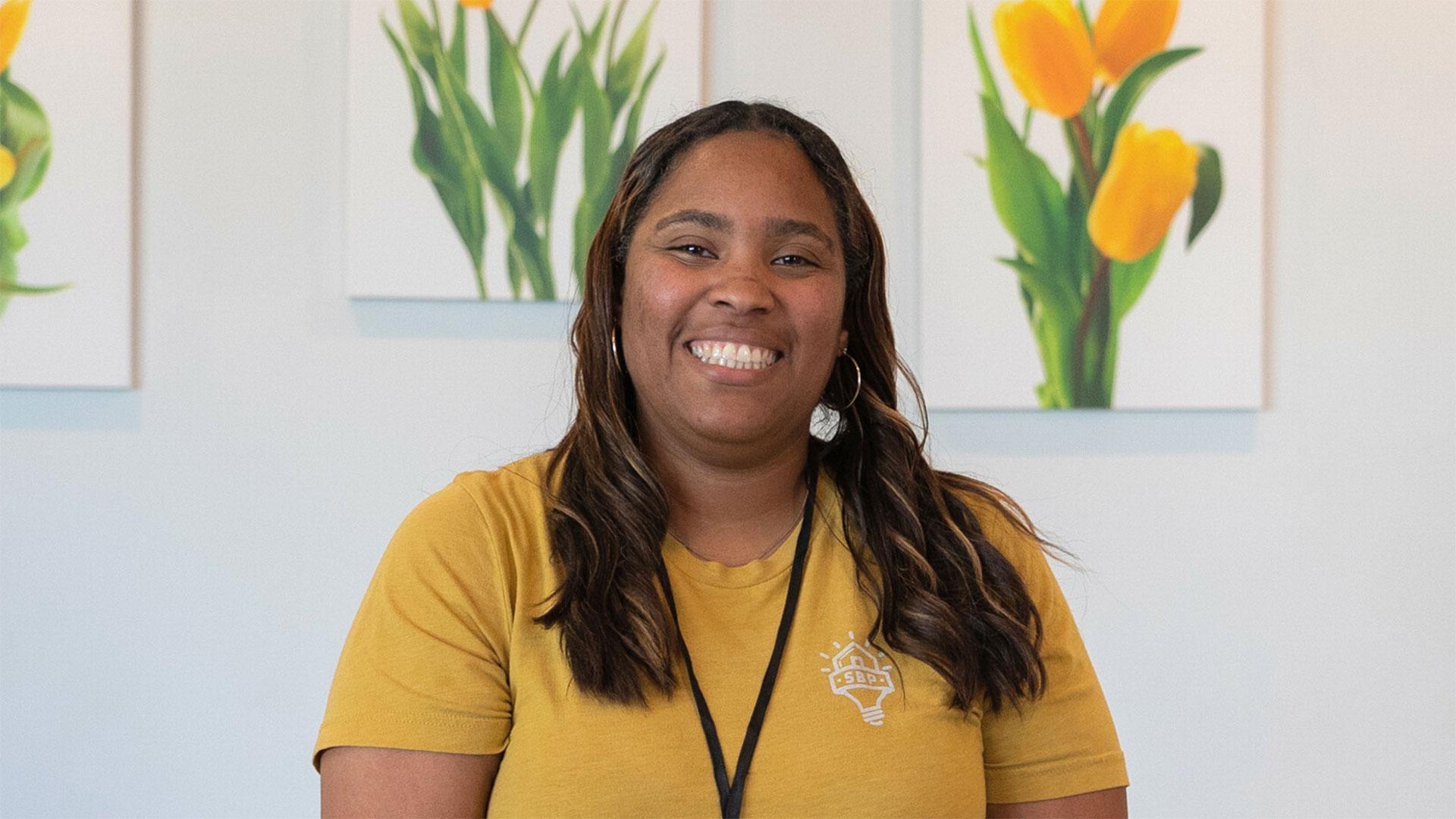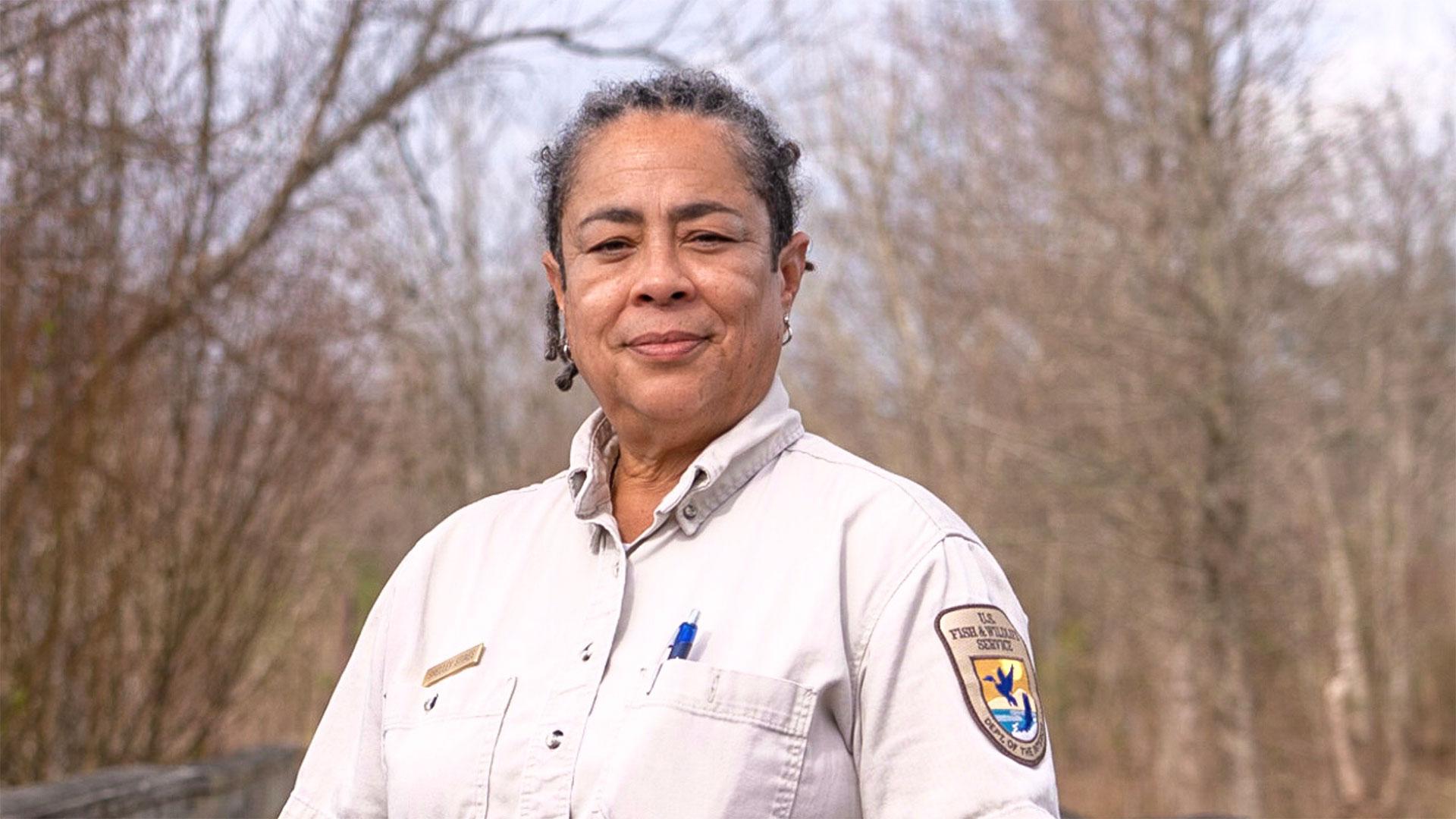Tinice Williams: Getting & Staying Ready for a Resilient City
In this Episode
Tinice Williams’ Story
We all deserve to be protected, build resilience in our communities, and use our collective power to fight back—especially as climate change becomes more intense. Tinice Williams is the Executive Director of Feed the Second Line, a nonprofit organization dedicated to supporting the culture bearers of New Orleans by addressing poverty and inequality through climate solutions that create justice and build resilience. Tinice oversees programs like “Get Lit Stay Lit,” which partners with local restaurants to create solar microgrid resilience hubs—havens that can protect people and provide essential resources and mutual aid in climate-related disasters. ”Stay Lit” hubs are a win-win scenario, preparing the community for hurricanes, creating green jobs and solar training opportunities for working-class culture bearers, and helping reduce emissions through solar installation. Through her leadership and commitment to climate resilience, Tinice demonstrates how we might achieve a Just Transition—a framework to shift from an extractive economy contributing to climate change, to a regenerative one based on solutions that ensure all people can access and benefit from resilience tools when they need them the most.
Discussion Questions
One of the most important things you can do regarding climate change is talk about it.
- Tinice shares that being a mom is one of her greatest superpowers. ”Being a mom is my greatest gift, facing different obstacles and different challenges, and persevering and learning along the way, and just to see the outcome in my children is a very rewarding experience... No matter what your path is, your path is your path. But ultimately, you control your destiny. At this moment, it is not just about me; it’s not just about them. It’s about their children, their children’s children, and so on… And those are the things that made me say, ‘you have this.‘” What is an important part of your identity as a person? Something that makes you uniquely you? How might that aspect of who you are being positioned as a superpower help you overcome obstacles or even address climate change?
- Growing up in the 8th Ward in New Orleans, Tinice shares that she had limited resources, but she had the strength of a close community where everyone knew one another, and people looked out and cared for others like a family. Is there a time that you felt a sense of belonging in a community? If so, describe that experience and its impact on you.
- New Orleans is a vibrant place with a culture of celebration. Tinice explains that she understood the depth of this tradition when her children became part of the Black Masking Indian Tribe—a group that exemplifies the cultural phenomenon and centuries-long celebration of Mardi Gras through rich traditions and dancing. What is an essential cultural tradition or ritual of celebration that you practice? How might understanding and valuing others' cultural practices help shape our collective interest in protecting a people’s legacy? How might that understanding also help retain the significance of a place, like your region or neighborhood?
- In the aftermath of Hurricane Katrina, many communities (especially those already disproportionately impacted) were denied the help they needed. As a result, many lives were lost. Tinice says, “[Hurricane Katrina] did more than damage to the city; it did damage the people.” Feed the Second Line’s “Get Lit Stay Lit” restaurants act as solar-powered microgrids positioned in underserved communities, providing essential aid and resources like food, cell phone charging, and cooling sites. What climate impacts have you or your community faced (e.g., wildfires, drought, flooding)? How might developing resilience hubs in your community be helpful as we prepare for the future? What is the benefit of increasing green job opportunities for community members in developing resilience hubs?
Learn More
Learn about the solutions in this story.
- Solution Sector: Electricity
- Solution: Distributed Solar Photovoltaics
- For more on all of Project Drawdown’s climate solutions, visit drawdown.org/solutions
- Learn more about Tinice’s work at Feed the Second Line
Explore Climate Solutions 101, the world's first major educational effort focused solely on climate solutions. This video series combines Project Drawdown’s trusted resources with the expertise of inspiring, scientifically knowledgeable voices from around the world: drawdown.org/climate-solutions-101.
Visit the Yale Program on Climate Change Communication, a resource that shares research, communications strategy and opinion polling on climate communications.
Take Action
- Drawdown Ecochallenge, presented by Ecochallenge.org, is a fun and social way to take measurable action on the top climate solutions. Take the challenge, and see how a few weeks of action add up to a lifetime of change for you and the planet. If you want to take action on climate solutions like Tinice, start a challenge today.
- The Drawdown Labs Job Function Action Guides are practical resources that highlight specific, high-impact climate actions employees in common corporate professions can take at work.
- ChangeX connects people with proven ideas for strengthening communities with the resources needed to implement those changes. Explore countless ways to improve your community and help the world reach drawdown.
- Climate Generation's Green Careers for a Changing Climate Instructional Supplement (for Grades 6-8) contains resources to help young people learn about Green STEM Careers—paths that use STEM skills to help reduce the impacts of climate change. Throughout this instructional supplement, students use Project Drawdown resources to make important connections between climate solutions and different careers.
- Solutions Journalism Network highlights the importance of reporting stories of climate solutions in the media to create a more equitable and sustainable world. Visit their Teaching Climate Solutions resource to find curated collections and the latest examples of climate solutions journalism.
- SubjectToClimate (StC) is a nonprofit online connector for K-12 leaders of all subjects to find materials on climate change at no cost. Explore StC’s educator-generated database to connect to Project Drawdown-based climate education resources.
Sign up to receive updates, provide ideas, and tell us how you might share Drawdown’s Neighborhood in your community.
